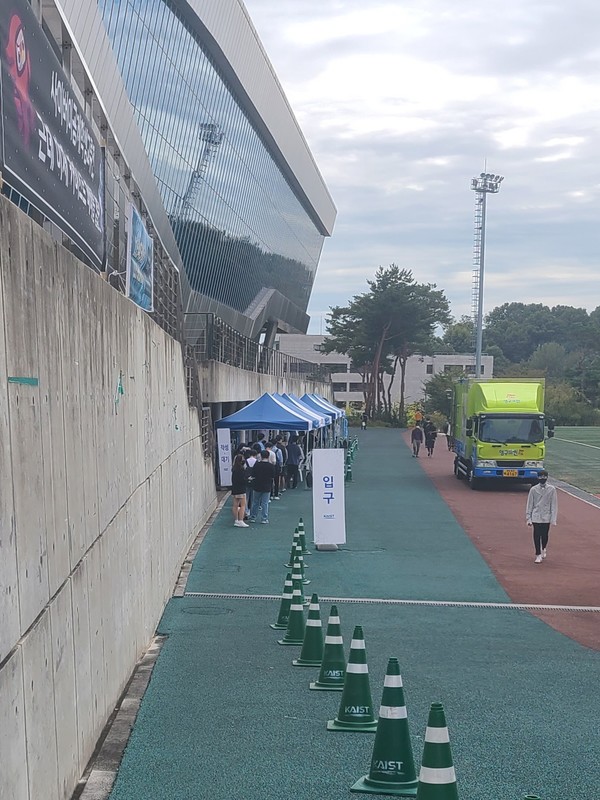On September 24, the Daejeon City government released an administrative order, mandating that all dormitory-residing students be tested for COVID-19 in the wake of the post-Chuseok spike in cases. Testing has been made compulsory for all students who will stay in dormitories for at least one day between September 13 and October 4. The only exemptions were those who had received both vaccine doses at least two weeks prior, as well as those who had already taken a PCR test between September 20 and September 27. The penalty for not complying with these new regulations is a maximum of 2 million KRW with possible criminal and damage charges being pressed.

This mandate was issued after recognizing the high probability of a super spreading event among university students, many of whom traveled extensively during Chuseok via public transport routes. The hope is that this new regulation will minimize the spread of COVID-19 in the tightly packed dormitories of Daejeon’s universities, in which over 13,300 students reside. A total of 26 infections among international students in Daejeon after the Chuseok holidays has brought the focus on making sure the testing covers all international students. There were 71 confirmed cases in Daejeon on the day of the announcement, with 80 confirmed cases the day after. This was the first time in 50 days that the number of COVID cases in Daejeon exceeded 70 people.
On September 26, KAIST issued the first notice to all students informing about the new mandate, and that the university would look into providing a testing site on-campus to facilitate the process for many students currently living in dormitories. The next day, a new notice was issued of COVID testing occurring on-campus, on the west side of the Sports Complex (N3), between September 28 and October 1. The students were allocated one of four days to receive their PCR test depending on the dormitory they were living in. To maintain social distancing, students were asked to choose a one-hour window between 10 a.m. and 5 p.m. to receive their COVID test. With the total number of confirmed cases at KAIST reaching 64 as of September 27, the KAIST COVID Response Team is doing all they can to prevent further spread of the virus as students arrive back on campus after Chuseok. On October 6, KAIST announced that all 2775 tests conducted had come out with a negative result, to the relief of all students and staff.
However, the South Korean government’s plan for late October has a different tone. In the “With Corona” scheme, the country looks to ease restrictions and open back up with upwards of 80% of the population becoming fully vaccinated. According to Health Minister Deok-Cheol Kwon, the transition is planned to happen between late October and early November, and the vision is to treat COVID like a seasonal respiratory disease like influenza. In a similar tone to this governmental plan, KAIST collected students’ vaccination information through a survey to gauge the possibility of offline classes for the Spring 2022 semester. Whether this plan will continue is yet to be seen, and will most likely depend on how Korea deals with not only Chuseok, but the increasing number of Delta variant cases spreading through the country.

